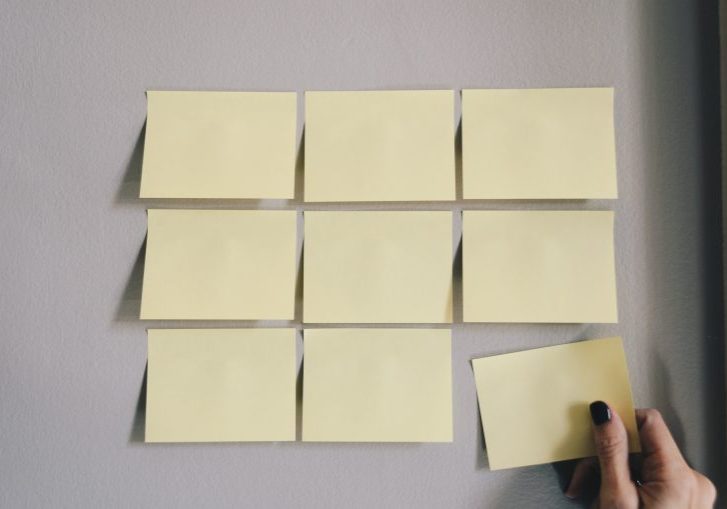Why I start the day at 9pm…
We’ve all done it. You set the alarm for 0600 with grand aspirations to get up and workout like a Navy Seal before eating a healthy breakfast and cracking on with your day.
Then the alarm goes off, it’s dark and cold outside, you’re tired – and those good intentions simply evaporate.
Recognise the pattern?
How could you improve the situation?
What if you woke up feeling better because you’ve had enough sleep?
This is why I think that the morning routine doesn’t start at 0600; it actually starts the night before with the steps you take before you go to bed.
The single biggest productivity improvement I have made this year is moving my phone charger downstairs. This means that when I head upstairs to bed at around 9.30pm, I leave my phone downstairs. I deliberately cut myself off from the distractions of late night emails and the noise of social media.
There’s a saying they use at alcoholics anonymous:
‘If you don’t want to slip up, don’t go where it’s slippery’.
Although the phrase is meant to refer to bars and pubs, it could also be used to help you make any form of behavioural change. Think about AA in a different context. Think about them as ‘enablers of behavioural change’ – what can you learn from the principles they apply?
Think about the changes that you have tried to make but have failed.
What were the times and places that you found yourself in?
Chances are there will be a pattern – these are your ‘slippery places’.
If you were an alcoholic, these would be your bars and pubs. You might be able to go there again in the future but when you are trying to break the habit or change the behaviour, you can increase the chances of success by avoiding these places in the short-term.
Leaving my phone downstairs has created the space for me to read. This is an extremely valuable activity that improves the quality of my thinking and writing.
If I ‘learn’ based solely on my daily experiences, I am a victim to whatever happens during my day. Reading allows me to be proactive and self-direct my learning.
I am currently reading ‘The Business of Excellence’ by Justin Hughes because I want to understand how a former Red Arrows pilot thinks and is applying his military experience to the world of business.
It’s valuable to understand how another veteran from a high performing team applies the lessons they’ve learnt in a different environment because it helps to shape my thinking and clarify the value of my experience in the Royal Marines.
Behaviour change is hard.
It requires real ‘presence’ to understand what you’re good at, what you’re not good at and then guts to change it.
Understanding your ‘slippery places’ is just one more way in which you may be able to stack the deck in your favour and deliver a true sustainable change… and isn’t that the key to high performance?
Share this article:




